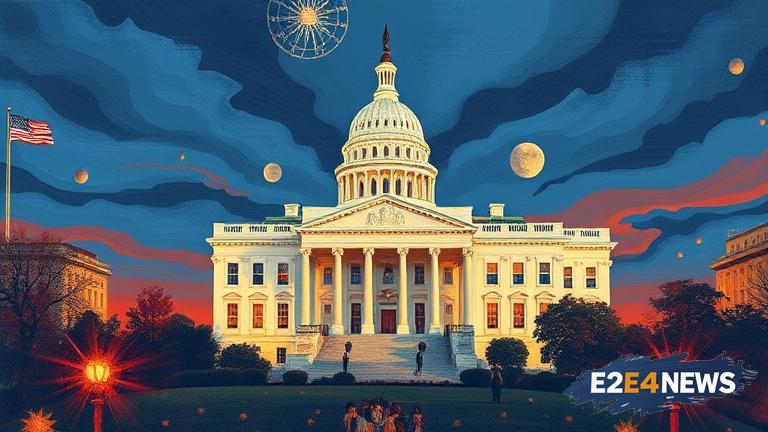The Trump administration has announced plans to send federal agents to Chicago and other cities to combat crime and violence, a move that has been met with widespread criticism from local leaders and civil rights groups. The plan, which has been dubbed ‘Operation Legend,’ aims to deploy federal agents to cities that have seen a surge in violent crime, with the goal of reducing homicides and other violent offenses. However, critics argue that the plan is a thinly veiled attempt to exert federal control over cities that have been critical of the Trump administration’s policies. Chicago, in particular, has been a target of the Trump administration’s ire, with the president frequently citing the city’s high crime rates as evidence of the need for tougher law enforcement policies. However, local leaders argue that the city’s crime problems are complex and multifaceted, and cannot be solved by simply deploying more federal agents. In fact, many argue that the Trump administration’s policies, such as its ‘zero tolerance’ approach to immigration and its efforts to roll back civil rights protections, have actually contributed to the city’s crime problems. Furthermore, the deployment of federal agents to Chicago and other cities raises serious concerns about the potential for abuse of power and the erosion of local autonomy. The plan has been criticized by civil rights groups, who argue that it is a form of ‘federal overreach’ that could lead to the suppression of dissent and the targeting of marginalized communities. Additionally, the plan has been opposed by local law enforcement officials, who argue that it is unnecessary and could actually undermine their efforts to build trust with the communities they serve. Despite these concerns, the Trump administration has pressed ahead with the plan, with Attorney General William Barr announcing that federal agents would be deployed to Chicago and other cities in the coming weeks. The move has been seen as a political ploy by the Trump administration, which is seeking to capitalize on public concerns about crime and violence in the run-up to the presidential election. However, the plan has also been criticized by some Republicans, who argue that it is an overreach of federal power and could have unintended consequences. As the debate over the plan continues to unfold, it remains to be seen how it will ultimately play out. One thing is certain, however: the Trump administration’s efforts to exert federal control over cities like Chicago will be closely watched by civil rights groups, local leaders, and the public at large. The plan has also raised questions about the role of federal law enforcement in addressing local crime problems, and whether the deployment of federal agents is an effective solution to the complex issues facing cities like Chicago. Moreover, the plan has sparked concerns about the potential for increased violence and unrest, particularly if federal agents are perceived as being heavy-handed or biased in their enforcement efforts. In response to these concerns, local leaders have called for a more nuanced approach to addressing crime and violence, one that takes into account the complex social and economic factors that contribute to these problems. They have also argued that the Trump administration’s plan is a distraction from the real issues facing cities like Chicago, such as poverty, lack of access to education and job opportunities, and systemic racism. Ultimately, the Trump administration’s plan to send federal agents to Chicago and other cities is a highly contentious issue that raises important questions about the balance of power between the federal government and local communities. As the situation continues to unfold, it will be important to monitor the impact of the plan on local crime rates, as well as its effects on community trust and relationships between law enforcement and the public. The plan has also sparked a national conversation about the role of federal law enforcement in addressing local crime problems, and whether the deployment of federal agents is an effective solution to the complex issues facing cities like Chicago. Furthermore, the plan has raised concerns about the potential for increased militarization of law enforcement, and the impact that this could have on community relationships and social justice movements. In conclusion, the Trump administration’s plan to send federal agents to Chicago and other cities is a complex and contentious issue that raises important questions about the balance of power between the federal government and local communities. While the plan’s proponents argue that it is necessary to address rising crime rates, critics argue that it is a form of federal overreach that could have unintended consequences and undermine local autonomy.
